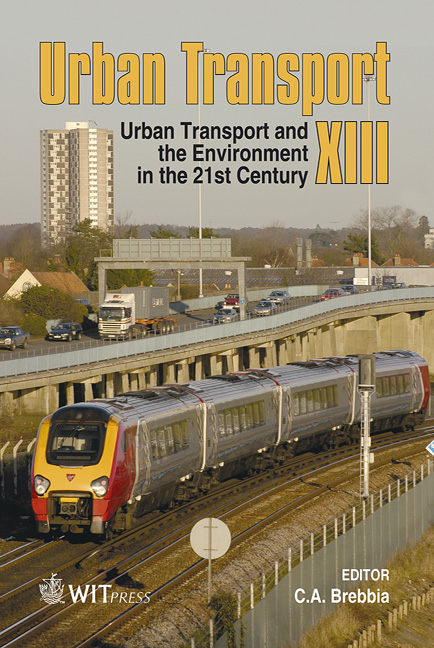City Logistics: A Chaos Between Research And Policy Making? A Review
Price
Free (open access)
Transaction
Volume
96
Pages
12
Published
2007
Size
518 kb
Paper DOI
10.2495/UT070141
Copyright
WIT Press
Author(s)
J. H. R. van Duin & H. J. Quak
Abstract
Although the interest in urban freight transport is growing, it is commonly seen as an area in which there is, for several reasons, a lack of research, especially if you compare it with the amount of research that deals with passenger transport. The attention of governments especially for urban goods movement has increased over recent years and with that the number of studies in the urban goods movement field. However, the practice of city logistics policies is not very often the result of detailed analyses and evaluations. This is reflected in similar types of regulations repeated through the different cities regardless of their characteristics, the same schedules for time windows and load zones, and the failure to recognise different types of urban distribution which require different types of regulations. Apart from copying regulation frameworks, however, cities hardly share information, knowledge or cooperation. The lack of national or regional bodies dealing with city logistics, as there exist for urban passenger traffic, is significant. In this paper we will address the main research contributions in city logistics and try to illustrate how the research contributions are (not) related to the daily practice of policymaking and town planning. Finally we will end with the conclusion that a real gap exists between research and practice and provide some explanations, conditions and directions for setting up new research projects. Keywords: city logistics, urban freight transport, policy, research.
Keywords
city logistics, urban freight transport, policy, research.





